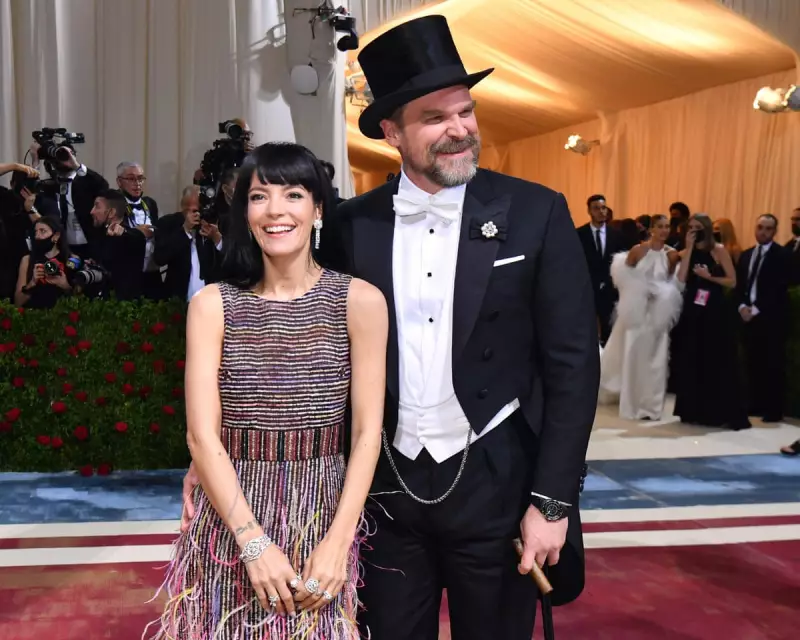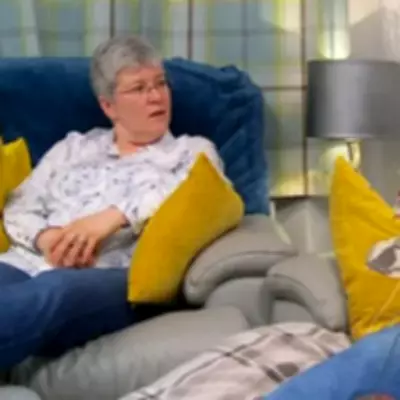
Lily Allen has returned with what may be her most brutally honest work to date, tearing up the rulebook on what women in music are supposed to sing about. Her new album serves as a raw, unfiltered confessional, delving into the complex realities of her open marriage and challenging societal expectations placed on women.
The Unflinching Truth About Modern Relationships
Allen doesn't just scratch the surface of non-monogamy; she dives deep into the emotional landscape of open relationships. Her lyrics expose the messy, complicated truths that often remain hidden behind closed doors, offering listeners a rare glimpse into the real experiences rather than the sensationalised versions.
Challenging the Double Standard
Throughout the album, Allen confronts the glaring hypocrisy that persists in how society judges men versus women. Where male artists singing about sexual freedom are often celebrated, women face criticism and judgment for the same themes. Allen boldly reclaims this narrative, refusing to be silenced or shamed for her experiences and desires.
More Than Just Scandal: A Deeper Message
While the open marriage revelations have captured headlines, the album's true power lies in its broader commentary. Allen uses her personal experiences as a lens to examine:
- The pressure on women to conform to relationship norms
- The emotional labour women bear in maintaining relationships
- The courage required to live authentically in the public eye
- The liberation that comes from rejecting others' expectations
A Return to Form with Mature Perspective
This album marks a significant evolution in Allen's artistry. While maintaining the sharp wit and observational humour that made her famous, she brings a new depth and maturity to her songwriting. The result is music that's both commercially appealing and deeply substantive.
Why This Album Matters Now
In an era where women's autonomy remains constantly debated, Allen's album arrives as a powerful statement. She joins a growing chorus of female artists refusing to be pigeonholed or limited by outdated conventions. Her work challenges listeners to reconsider their assumptions about marriage, fidelity, and female sexuality.
The album doesn't provide easy answers about open relationships. Instead, it presents an honest, nuanced portrait that acknowledges both the freedom and the challenges. In doing so, Allen has created not just compelling music, but an important cultural conversation starter about the evolving nature of love and commitment in modern Britain.





